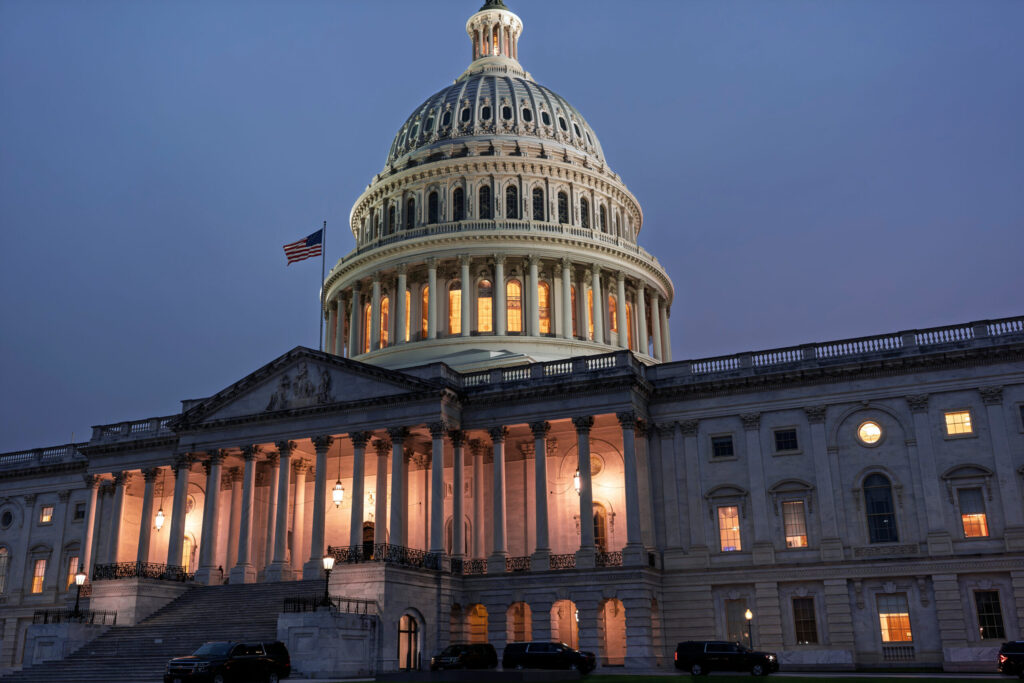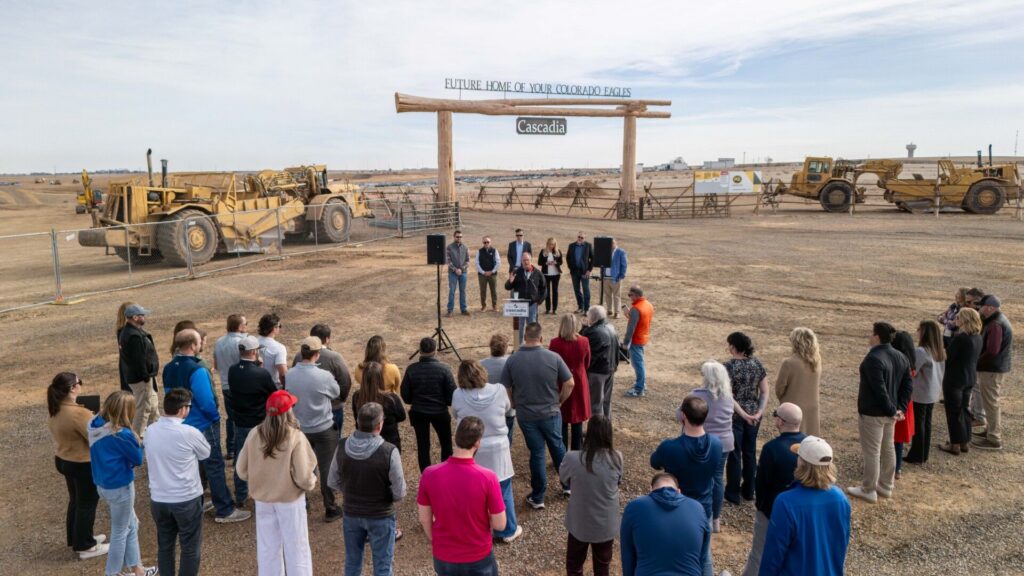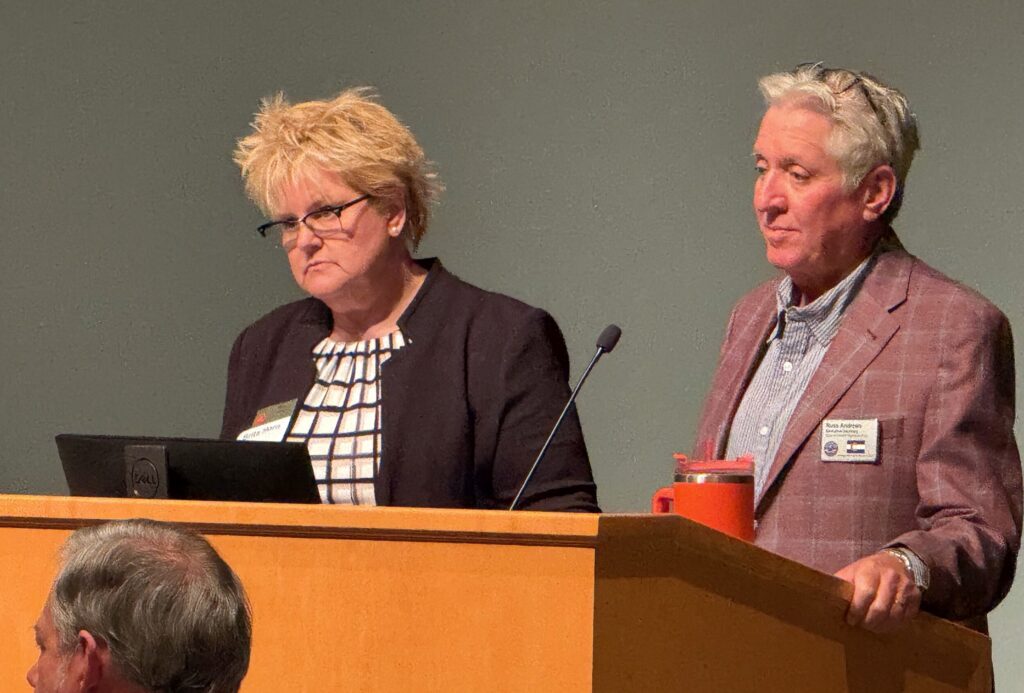Colorado lawmakers want to extend window to sue over child sex abuse claims, protect people’s privacy from machines that can read thoughts | WHAT YOU NEED TO KNOW
Today is Feb. 1, 2024, and here’s what you need to know:
Colorado lawmakers seek voters' approval to extend window to sue over child sex abuse claims
Colorado lawmakers want to amend the state constitution to allow them to pass legislation permitting individuals to sue over decades-old claims of child sexual abuse following the Colorado Supreme Court’s decision last June that declared a law granting that ability unconstitutional.
The 2021 law established a three-year window during which survivors may file civil claims against their alleged abusers and the latter’s organizations for crimes that occurred between 1960 and 2022.
The Colorado Supreme Court struck down the law as unconstitutional, concluding it violated the constitution’s ban on “retrospective” laws.
Colorado lawmakers want to protect people's privacy from machines that can read thoughts
A panel of lawmakers approved legislation that would make Colorado the first in the nation to protect people’s biological data from technology companies, raising worries that new machines could be come so powerful they could read thoughts.
The House Judiciary Committee advanced House Bill 1058, which expands upon the Colorado Privacy Act’s definition of “sensitive data” to include biological and neural data.
Under the measure, biological data means information that provides a “characterization of the biological, genetic, biochemical, or physiological properties, compositions, or activities of an individual’s body or bodily functions.” It includes neural data, which the bill defines as “information that concerns the activity of an individual’s central nervous system or peripheral nervous systems, including the brain and spinal cord, and that can be processed by or with the assistance of a device.”
The bill specifically targets consumer-facing neurotechnology devices, such as sleep trackers and neurofeedback devices, as data from technology used in a medical setting — such as an EEG, for example — is already protected by the Health Insurance Portability and Accountability Act.
Appeals court upholds restrictions on court access for man who threatened 2 judges
Colorado second-highest court agreed last month that the restrictions imposed upon a man who harassed multiple Western Slope judges did not unconstitutionally infringe upon his right to access the courts.
As part of his probationary terms for the offense of retaliating against a judge, Brett Andrew Nelson was required to obtain a court’s permission before filing any legal documents, and was generally prohibited from contacting any judge or court staff himself.
Nelson challenged those conditions as violating the Colorado Constitution, which provides that courts “shall be open to every person.”
Denver resident wins appeal of approval to build 'micro-community'
A Denver resident on Tuesday successfully appealed the zoning decision to build a “micro-community” site in the Overland Park neighborhood in Denver, forcing Mayor Mike Johnston’s office to refile the permit request.
The successful appeal is unlikely to stop the building of the “micro-community” at 621 W. Wesley Ave., which already broke ground.
But it offers a symbolic victory to residents opposed to the city’s plans to erect “micro-communities” in their neighborhoods to house homeless people. The subject of the appeal is technical in nature — something that city officials are expected to correct, which, if or when done, would likely mean little or no changes to the schedule for opening the micro-community.
Craig Arfsten, president and co-founder of Safe and Clean Denver who filed the appeal, said he does not intend to derail the project.
El Paso official to Denver Mayor Mike Johnston: Keep asking for federal funds | Border Crossroads
El Paso Deputy City Manager Mario D’Agostino offered some advice to Denver Mayor Mike Johnston: Keep pushing for federal money to address the crisis brought on by surges of immigrants crossing the border.
“Don’t give up on the funding requests,” D’Agostino said. “Continuing to push for the funding.”
Unlike Denver — which has shouldered most of the $40 million cost to temporarily house, feed and transport immigrants, who illegally crossed the southern border and took buses to Colorado’s most populous city — El Paso taxpayers are not being asked to fund the humanitarian effort in west Texas.
His city spent, in the final quarter of fiscal year 2022-2023, $15 million on the effort — all of which was reimbursed by the federal government except $1.5 million, D’Agostino said.













